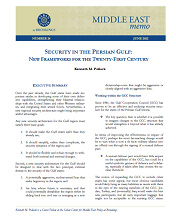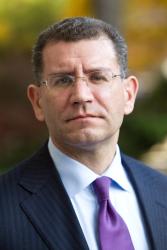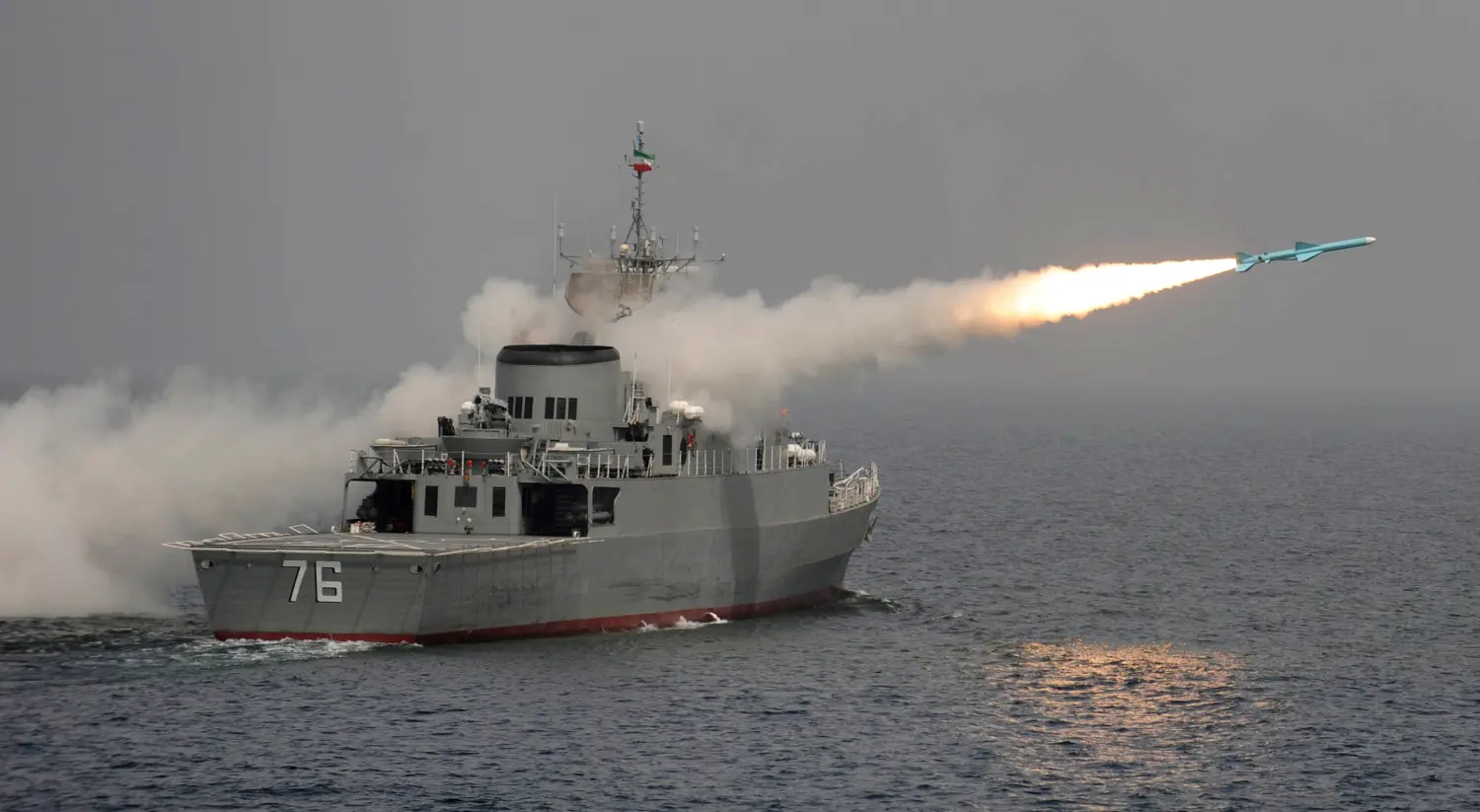 In the wake of the U.S. military departure from Iraq and in the midst of Iran’s continued defiance of the international community over its nuclear program, is a new security arrangement for the Gulf in order? If so, is the Gulf Cooperation Council (GCC) capable of such a task, or should other institutions be considered?
In the wake of the U.S. military departure from Iraq and in the midst of Iran’s continued defiance of the international community over its nuclear program, is a new security arrangement for the Gulf in order? If so, is the Gulf Cooperation Council (GCC) capable of such a task, or should other institutions be considered?
In the Saban Center’s newest Middle East Memo, Security in the Persian Gulf: New Frameworks for the Twenty-First Century, Saban Center Senior Fellow Kenneth Pollack examines the possibility of developing a new security architecture for the region.
Pollack analyzes security arrangements in other parts of the world and focuses on two options: expanding the GCC and turning it into a formal military alliance and creating an arrangement modeled on the Commission on Security and Cooperation in Europe. In weighing each option, Pollack finds that the latter can better furnish a path toward peace and security.
The Brookings Institution is committed to quality, independence, and impact.
We are supported by a diverse array of funders. In line with our values and policies, each Brookings publication represents the sole views of its author(s).




